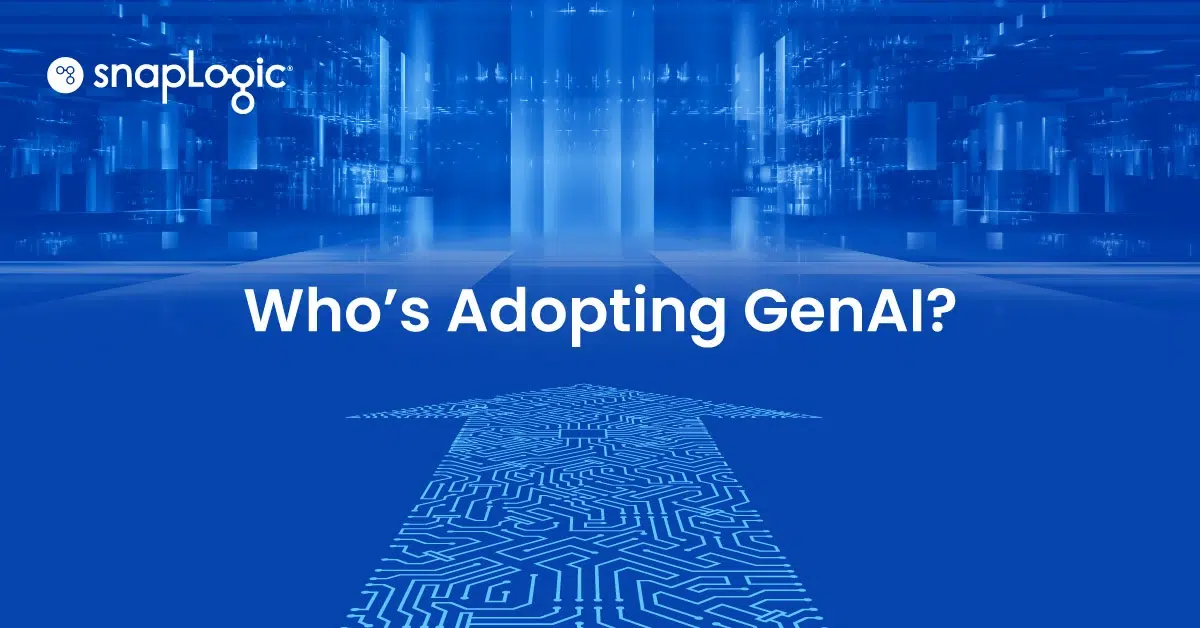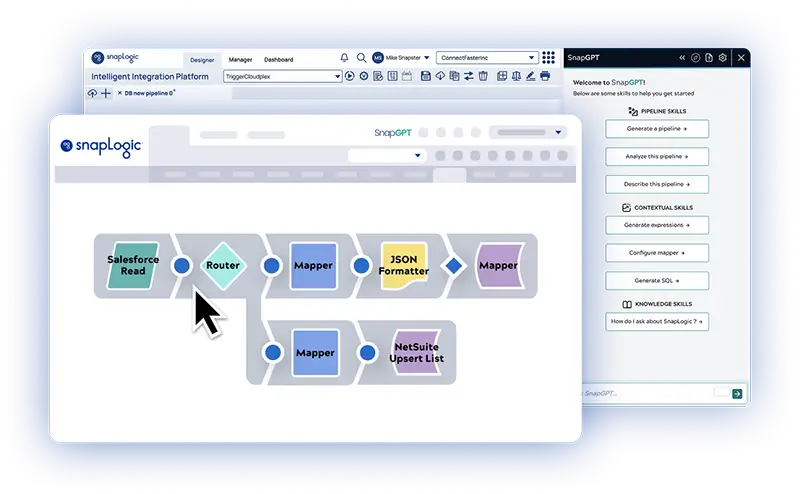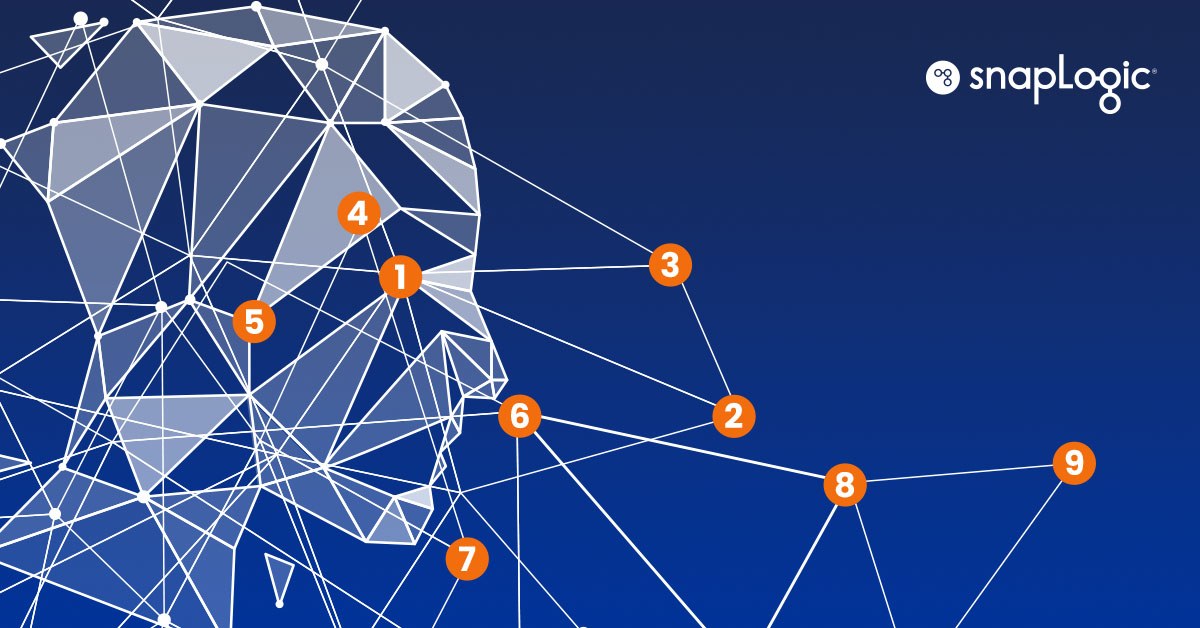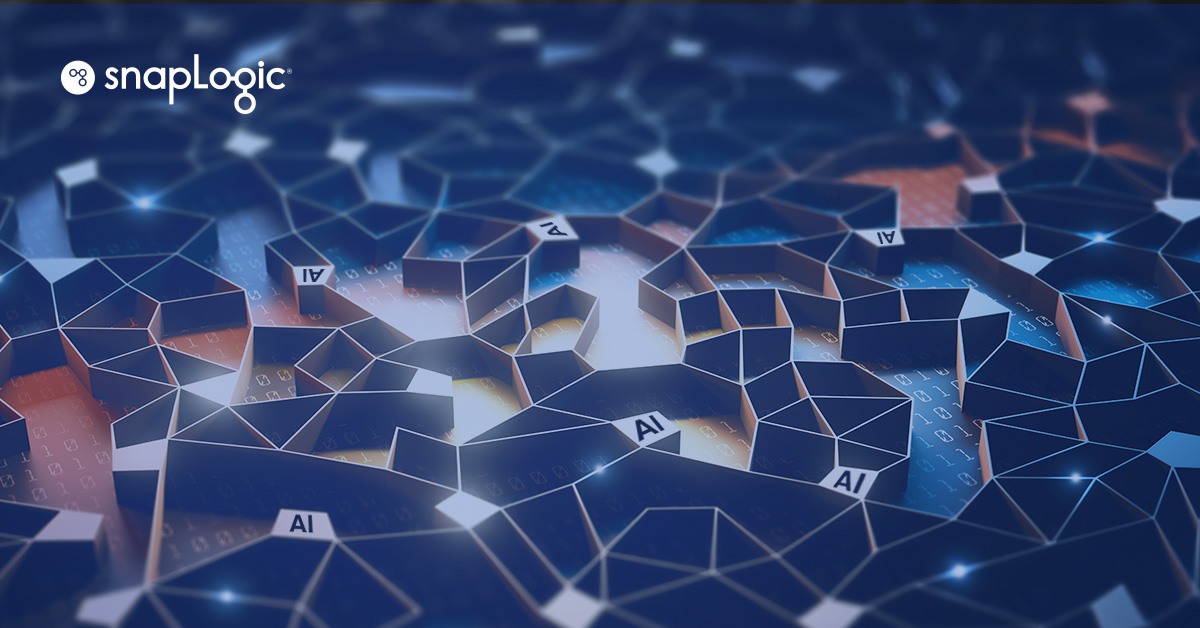Every once in a while, we encounter a piece of technology that transforms our society. The industrial revolution was one. The personal computer was another. And more recently it was cloud computing. In the last few months, generative AI (GenAI) has emerged as such a technology. There is great debate on whether it will benefit society or harm society. Either way, most software vendors have started embedding that technology in their products. Governments have sought to create a framework for managing risks that arise from AI.
Every piece of technology has a few early adopters. Small, nimble companies and individual contractors are adopting generative AI-based tools to get an edge while more established companies are keeping it away until issues around security, privacy, and data protection are addressed.
Now, there are two aspects to adoption when it comes to GenAI solutions. Organizations can leverage GenAI in software tools that they use or develop GenAI solutions on their own. It is much easier for organizations to leverage tools with generative AI capabilities than to develop a generative AI solution from scratch. A KPMG US study of US executives in March 2023 revealed that 60% of respondents were one or two years away from implementing their first generative AI solution.
Adoption of generative AI across industries
The adoption of generative AI-based tools will vary across industries. While certain AI-based tools such as Chatbot for customer service have seen adoption across the spectrum, generative AI solutions are likely to be adopted first by industries that need to be at the cutting edge of technology or have teams that are severely resource-constrained. Some of these industries and use cases include:
- Technology and software development: The tech industry is often at the forefront of AI adoption. Generative AI can be used for code generation, software testing, and automating various aspects of the software development lifecycle.
- Healthcare and life sciences: This sector can benefit from generative AI in areas like enhanced patient care during clinical trials, drug discovery, medical imaging analysis, genomics, and healthcare record summarization.
- Finance and banking: Financial institutions can use generative AI for tasks such as synthetic data generation for fraud detection & risk assessment, investment advice, etc.
- Marketing and advertising: Marketing organizations leverage GenAI for content creation, advertising optimization, and customer segmentation, helping personalize marketing efforts.
- E-commerce and retail: These industries utilize AI for inventory management, optimal pricing, fraud elimination, and highly personalized recommendation systems to enhance the customer shopping experience.
- Manufacturing and industrial operations: Generative AI is used in manufacturing for process optimization, predictive maintenance, quality control, and product design
- Legal services: Legal professionals can be more efficient and strategic and provide more value to clients by using AI for document review, contract analysis, legal research, and automated document generation.
- Education: In education, generative AI can help with personalized learning, content generation, and student support through chatbots and virtual teaching assistants.
It is important to note that not all companies in these sectors will adopt generative AI at the same pace. Factors such as the size of the organization, its technological readiness, and how well it is aligned with business goals can influence the timing of adoption by a specific company.
SnapLogic’s own generative AI solution, SnapGPT, has seen adoption from users in a range of industries, including higher education, technology, and manufacturing.
Adoption of GenAI by different functions
Then within each organization, certain business functions are more likely to adopt GenAI solutions than others, and for different purposes.
- IT (Information Technology): IT can use generative AI for tasks such as code generation, automation, and network optimization.
- Research and development: In industries like pharmaceuticals and scientific research, generative AI can assist with data analysis, drug discovery, and the generation of research reports.
- Engineering: Engineering teams may be early adopters of generative AI, especially in industries like manufacturing and product design. AI can assist in generating designs, simulating outcomes, and optimizing processes.
- Marketing: Marketing teams are increasingly using generative AI for content creation, including writing, graphic design, and video production. AI tools can assist in creating personalized marketing campaigns and analyzing customer data.
- Customer service: Customer service functions may adopt AI for chatbots, virtual assistants, and automating routine customer interactions. AI can provide 24/7 support and handle common customer queries.
- Legal: Legal departments may use AI for contract analysis, legal research, and document generation. AI can help streamline legal processes and reduce the time spent on repetitive tasks.
- Sales: Sales teams can use AI to segment sales leads and personalize sales pitches. AI-driven chatbots and virtual sales assistants are also becoming more common.
SnapGPT is a versatile and valuable part of the toolkit for IT teams enabling integrations and automation. And because the SnapLogic platform is centralized and easy to use, every function in an organization can benefit from its capabilities.
See how marketers are using SnapGPT with Credera’s Marketing Analytics Platform.
Generative AI will change the world
Generative AI has significantly altered the way we do work. It has brought a step change in the output of certain functions. Regardless of the industry or function, AI has the potential to improve everyone’s productivity. Generative AI gives small teams with few resources the ability to punch above their weight. Organizations that adopt Generative AI tools to automate mundane, time-consuming tasks, and bring creativity in their work, will survive and thrive in this world versus the ones that don’t.
How will you leverage generative AI?
Dive into a deep discussion about the future of work with GenAI in this episode of “Automating the Enterprise,” featuring Jeremiah Stone, SnapLogic CTO and Greg Benson, UCSF Professor of Computer Science, hosted by Dayle Hall, SnapLogic CMO.










